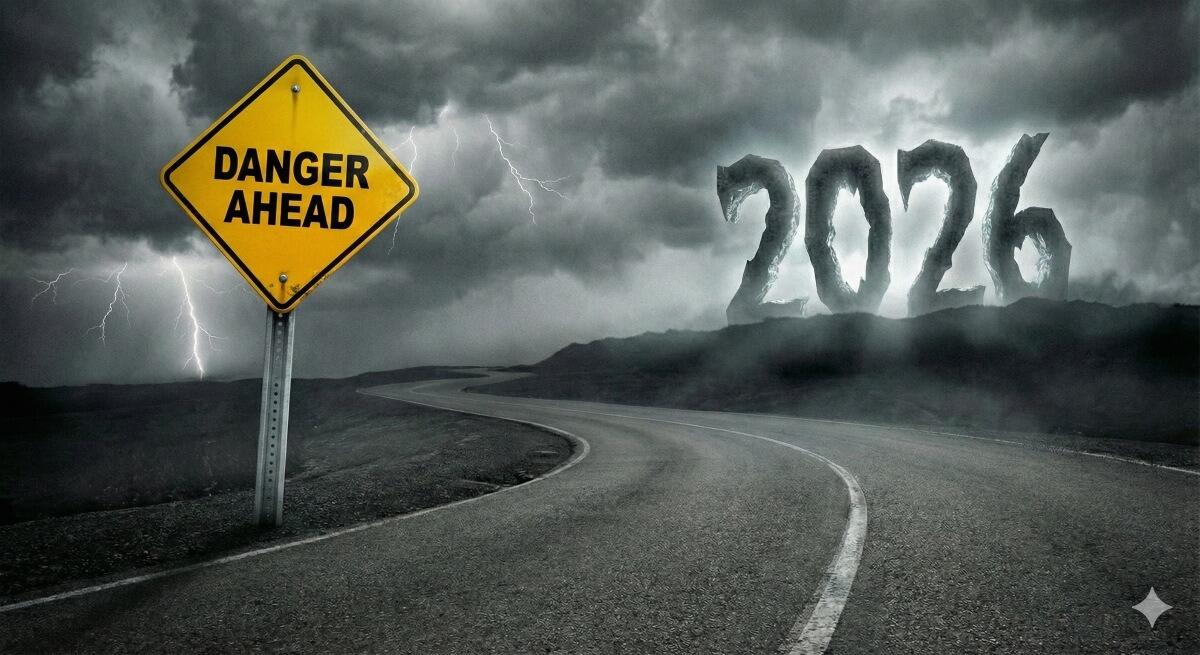Mid-December 2025 saw a wave of regional reporting claiming that Israel, Greece, and Cyprus were discussing the creation of a joint rapid-response military force in the eastern Mediterranean.
Greek newspaper Ta Nea described the concept as a brigade-level unit of roughly 2,500 troops, broken down as 1,000 Israeli, 1,000 Greek, and 500 Cypriot personnel.
The force was portrayed as incorporating land, air, and naval elements, with basing spread across Israel, Cyprus, and Greek islands such as Rhodes and Karpathos.
The reports framed the alleged initiative as a deterrent aimed at countering Türkiye’s military posture and protecting eastern Mediterranean energy infrastructure.
Greek-sourced reporting was rapidly amplified by Israeli outlets including Ynet, Times of Israel, and Jerusalem Post, as well as international media, often without additional sourcing beyond the original Greek accounts.
Cyprus moved quickly and repeatedly to deny the existence of such a plan.
Cypriot Defense Minister Vasilis Palmas said there was “no official government agreement or decision” to establish a joint rapid-intervention force, describing the reports as “false and premature.”
His comments were widely cited in Cypriot outlets such as Cyprus Mail and KNEWS, which emphasized that while defense cooperation with Israel and Greece is extensive, the specific idea of a dedicated 2,500-troop standing unit was not under discussion.
Palmas reiterated the denial on December 29, 2025, after the three countries announced a new phase of military cooperation.
He again rejected claims of a rapid-response force, stressing that existing and planned activities fell within the scope of routine bilateral and trilateral cooperation rather than the creation of a new permanent formation.
No Cypriot official statements at any point endorsed the structure, size, or mission described in the Greek reporting.
What did materialize was more limited and formalized.
On December 28, 2025, Israel, Greece, and Cyprus signed a trilateral military cooperation work plan for 2026 in Nicosia.
Announced by the Israel Defense Forces and confirmed by Cypriot officials, the plan covers joint exercises, training activities, working groups across multiple fields, and strategic dialogue on shared security interests. It also sits alongside bilateral military plans among the three states.
Crucially, the agreement does not establish a standing force, rapid-response unit, or brigade-level deployment.
Cypriot officials highlighted that the document builds on existing frameworks and previous joint drills rather than introducing a new operational structure.
Israeli sources in late December likewise downplayed the rapid-response force idea, aligning with Cyprus’s position that it was, at most, conceptual and lacked political authorization.



